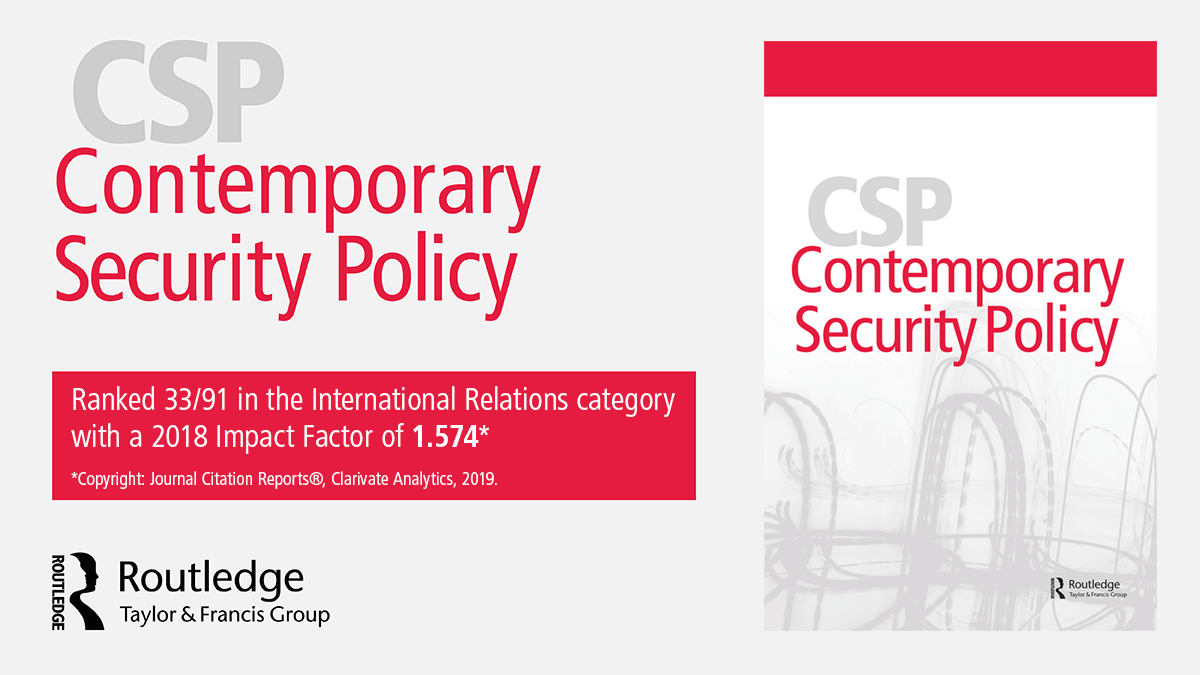 The coronavirus is rapidly spreading across the world affecting all aspects of our societies. As a scholar, I have been truly impressed by all the quality medical research and the joint effort to understand COVID-19, treat patients, develop vaccines, and formulate prudent policy responses.
The coronavirus is rapidly spreading across the world affecting all aspects of our societies. As a scholar, I have been truly impressed by all the quality medical research and the joint effort to understand COVID-19, treat patients, develop vaccines, and formulate prudent policy responses.
At the same time, it is clear that medical research is not enough. Experts in the social sciences and humanities (SSH) also have important things to say about the effects of the securitization of healthcare, border closures, varieties in security cultures and policy-making across countries, the psychological effects of quarantine, international cooperation and global health governance, legal provisions and individual rights, ethical questions and moral dilemmas, and many more things.
To facilitate the publication of SSH scholarship on COVID-19, in mid-March 2020, as one of the first journals in the field of political science and international relations, Contemporary Security Policy launched a call for papers on the security (policy) implications of the coronavirus to be published as a special forum. The response was impressive. Within a month, by the initial deadline of mid-April, we received around a dozen papers on a variety of topics.
Of those submissions, three articles on security research and COVID-19 are included this special forum. Not surprisingly, these articles all engage with the concept of securitization (Buzan et al., 1998) in one form or the other. Securitization indeed has many things to say about how COVID-19 is framed, the state of emergency, and the exceptional measures taken across our societies. More surprisingly, all three articles are interdisciplinary using insights from border studies, educational sciences, and the legal discipline. In normal times some of these articles would perhaps be slightly beyond the scope of Contemporary Security Policy, but in this time of crisis it is encouraging to see disciplines talking to each other and we are pleased to make our pages available.
The articles in the special forum are:
In line with our existing editorial standards, the format of special forums is flexible. Forum articles are shorter in length than research articles and authors are given more leeway, with the purpose to trigger debate and quickly react to unfolding events. Nevertheless, Contemporary Security Policy is an academic journal. We do not run commentary or publish policy papers. Especially with COVID-19, where policy-makers rely extensively on experts, articles have to be of the highest possible academic standard. All three articles have, in this respect, gone through one round of external peer-review and subsequently the usual one or two rounds of editorial review and editing. When shooting at a moving target, there is the risk that data and conclusions may soon be outdated, but if SSH scholars are to have a say, this is a risk worth taking.
At the time of writing in mid-May 2020, the COVID-19 crisis is far from over. The coronavirus is still spreading across the world and a lot of uncertainty remains including over the prospect of a potential second wave. Beyond this special forum, Contemporary Security Policy will remain available for research articles on COVID-19 and we are also keen on publishing articles that go beyond the concept of securitization. It is likely that the coronavirus will have security implications around the world for the years to come and we will analyze them in this journal.
Hylke Dijkstra
Editor-in-Chief
Reference list
Buzan, B., Wæver, O., & De Wilde, J. (1998). Security: A new framework for analysis. Lynne Rienner Publishers.
 Contemporary Security Policy has an active Editorial Board, which reflects its aims and scope and its worldwide audience. The membership of Editorial Board is updated on an annual basis to capture emerging research agendas and to give new colleagues the opportunity to contribute to the development of the journal. I have made a number of changes to the Editorial Board.
Contemporary Security Policy has an active Editorial Board, which reflects its aims and scope and its worldwide audience. The membership of Editorial Board is updated on an annual basis to capture emerging research agendas and to give new colleagues the opportunity to contribute to the development of the journal. I have made a number of changes to the Editorial Board. Contemporary Security Policy is seeking proposals for a special issue to be published in January 2022 (volume 43(1)). The special issue should address a topic within the aims and scope of the journal. CSP has an impact factor of 1.880, which ranks the journal #27 out of 95 in the category International Relations.
Contemporary Security Policy is seeking proposals for a special issue to be published in January 2022 (volume 43(1)). The special issue should address a topic within the aims and scope of the journal. CSP has an impact factor of 1.880, which ranks the journal #27 out of 95 in the category International Relations.



